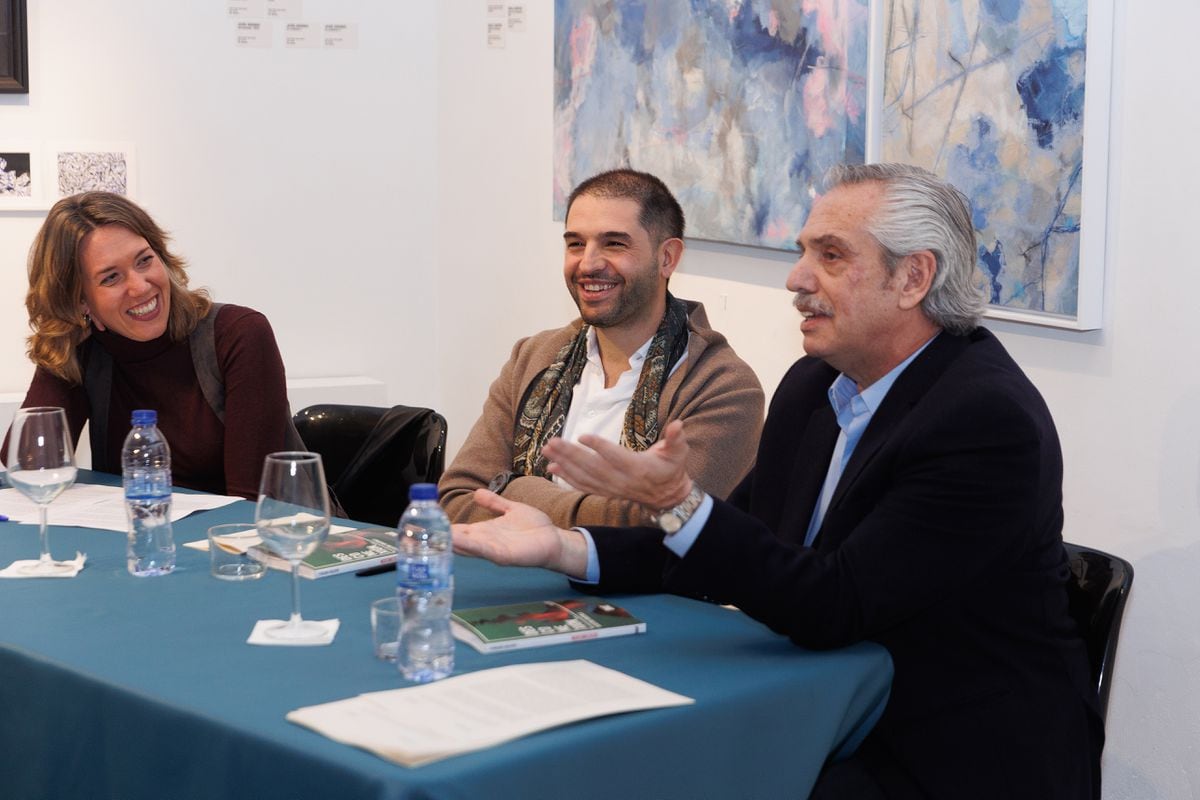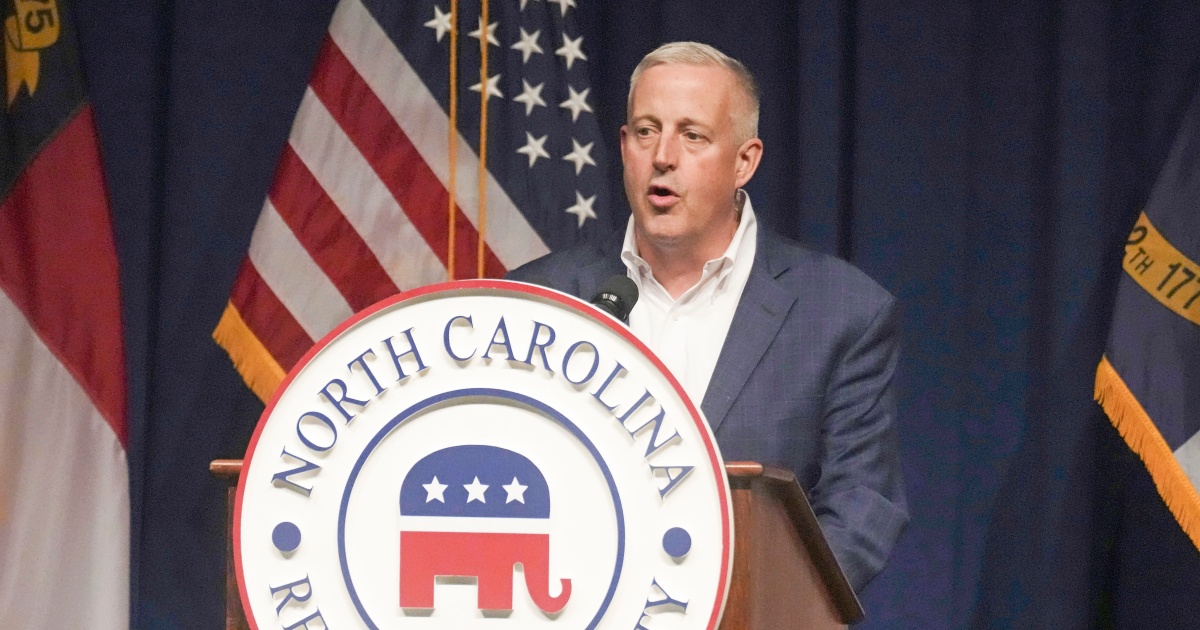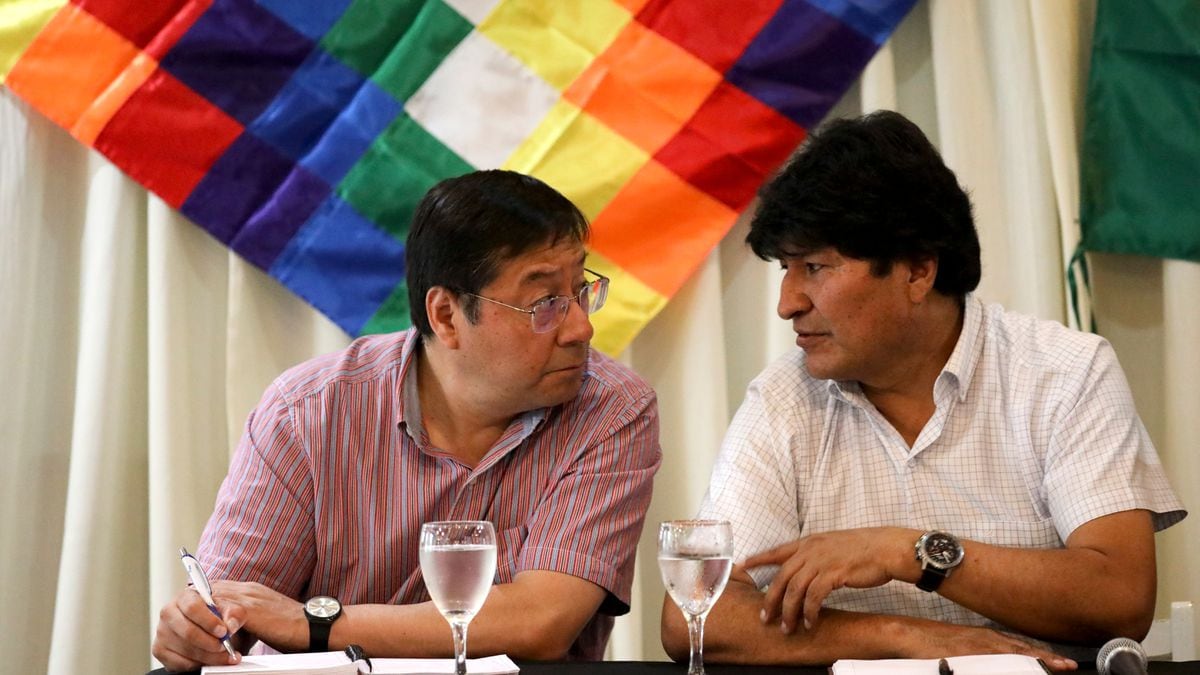-Many people propose to open a cigar shop and almost no one to be president; From this statistical trait it follows that it is easier to become president than to own a cigarette shop.
The one who said this was Macedonio Fernández, a legend of Argentine literature. Poet, philosopher, brief and constant conversationalist, the writer friend of the two Borges: first of the father, then of the son.
From that humorous syllogism an idea was born and this is the story of what happened a hundred years ago and that could be presented as "Macedonian, candidate for president and a curious campaign strategy".
It was the first years of the 1920s, it was taken for granted that the radicalism would win the elections of the 22nd but still had no candidate, there was an effervescence in the streets of Buenos Aires and the middle classes were finally the protagonists of their time. Artists, politicians and intellectuals were very close and at the same time very far away.
No, Macedonio Fernández was not the candidate of the Radical Civic Union or any other party. His candidacy could have been an artistic intervention, a joke or a joke between friends that spanned over time, perhaps a failed project. The truth is that it existed and is one of those glorious and at the same time forgotten facts of our history.
THE PROTAGONISTS AND AN AUDACITY
Macedonio Fernández was born on June 1, 1874 in Buenos Aires in a family of ranchers, with a lawyer and military father. Like everyone in his class, he studied at the Colegio Nacional de Buenos Aires and later at the UBA. Although he liked many other things and tended to disperse in the writing of diverse ideas, he enrolled in the career of Law where he had an inseparable companion of the same age and with similar interests: Jorge Guillermo Borges.
They got the title and during the years that followed the two married and had children. Macedonio tried to be a teacher like his friend and, when he did not succeed, he took a position as a prosecutor that was offered to him in Misiones. It seems that his work left much to be desired because during all the years he served as prosecuting prosecutor, none of the inmates were convicted. Although their guilt was evident, the argument that Macedonio put together exculpated them, he seemed to find amusement in those rhetorical manipulations that saved the accused from prison.
The poet and writer Macedonio Fernández, legend of Argentine literature.
Meanwhile, faced with the advance of his blindness, Professor Borges resigned his position and took his entire family to Europe. Jorge Luis and Norah were teenagers.
The reunion of the friends was in 1921, when the Borges returned. Macedonio had been widowed, left his four children in charge of his grandparents, abandoned the legal profession and devoted himself fully to building the myth he was to become. To do so, there was Borges Jr. Jorge Luis inherited from his father the predisposition to blindness, the English language, the destiny of a writer, his library and also that skinny, frugal and eccentric friend, the metaphysician of Buenos Aires.
Macedonio Fernández no longer had a family in charge and preferred not to have a house either. He lived in boarding rooms in the Eleven or the district of the Courts, damp and dark little feet, ideal for his solitary and nocturnal customs; He locked himself wrapped in the smoke of the cigarettes he lit with each other, hid alfajores under the mattress, wrapped himself with a towel over his shoulders and three lit matches that he brought to his belly.
He wrote loose papers that he left forgotten in drawers and cupboards every time he moved, and in the evenings he went out to animate literary gatherings and coffees with friends. When the money ran out, he asked for asylum in the house of one of them and accommodated himself a little to their customs and interests. He did so, for example, when he lived in Morón, where journalist Enrique Fernández Latour was a councilman for the UCR.
An 1885 photograph of graduates of the Faculty of Law of the UBA. Second from the right, Macedonio Fernández appears. And fourth, from the left, appears the lawyer and professor of philosophy Jorge Guillermo Borges, the father of Jorge Luis,
Macedonio was not interested in public affairs but was able to listen politely to others and never shirked a chatter. He used to debate Hipólito Yrigoyen, admired him as a caudillo but disbelieved his capacity as a ruler: he was convinced that the radical leader needed a shadow advisor and that this could have been his place. Ricardo Piglia says that it was Macedonio who wrote the speeches to Yrigoyen since 1912, that all his loquacity came from the poet and that historians should read it to know the effects of politics on the language of an era. Towards the decade of the 20, the president and the writer distanced themselves and at that moment the candidacy began to take shape.
No one knows how the idea of Macedonio candidate for President came about, what all his friends were clear from the beginning was the campaign strategy: the repetition of his name to the point of exhaustion. Just as today we can see on the side of the road posters and graffiti with surnames that we do not know, as well as in the networks the hashtags multiply and the screens are invaded by emerging advertisements with faces and slogans, thus, by repetition and insistence the political and literary game of Macedonio and his friends was armed.
For some, the candidacy was a serious project and a genuine aspiration of the writer, there are those who say that it was nothing more than a strategy to promote his literary work and for others it was an avant-garde artistic performance. It could have been all that at once, but not in real life but in the Borgean universe: there is a legend that says that Macedonio Fernandez did not exist, that he was a character invented by Borges.
THE CAMPAIGN, A NAME
There are so many variants in the story of this presidential adventure, so many games where fiction gets into reality to see what happens, there are so many versions of history that even the dates change, it could have been for the presidential elections of 1922 or for those of 1928. For that matter, we are talking about a time when it was possible for a group of writers and intellectuals to sneak a quota of art into political life. There was a candidate for President, the campaign had to start and, according to Borges, this is what happened: "Macedonio chose to take advantage of his curious first name; my sister and some of her friends wrote Macedonio's name on strips of paper or on cards, which they carefully forgot in the confectioneries, on the trams, on the sidewalks, in the hallways of the houses and in the cinemas."
The mechanism was simple: the installation of the name on lost slips of paper, left in passing, as an involuntary forgetfulness. Then other subtleties appeared. Macedonian took the books that passed through his hands, on the first page he stamped his name and left them there, forgotten minutely. He kept a school notebook in which he wrote legends and occurrences that he later shared with his friends who officiated as a kind of campaign team.
Jorge Luis Borges with his mother Leonor, his father Jorge, a friend of Macedonio, and his sister Norah.
The candidate wanted a strategy that was not seen as such "so that it does not look like propaganda", write with blue or red pencil small papers to intrigue passers-by: "Macedonio looks for Casilda la Cubana. Phone 3729 - Rivadavia" . They also resorted to humor. In those years aviation was booming, everyone remembered the great pilot Jorge Newbery and the candidate was afraid of airplanes: "Macedonian, aviator of the floor" "Macedonio will fly?... when the air has a railing."
With the name already installed, they went for some more explicit messages about the presidential aspirations "Macedonio, a political mystery of the next Presidency" and even ventured some promise: "Forbidden to leave Buenos Aires, first decree of Macedonio, the future President". The campaign was underway and the candidate was satisfied.
"I think my propaganda procedure is more powerful than all the claims of big newspapers, because it intrigues and is talked about among friends and also seems absolutely disinterested, which circulates the paper." Despite his claims and his disbelief in the weight of the press, he knew that newspaper columns were a great showcase, so he took advantage of the fact that many of his friends were journalists to ask them to drop his name from time to time, as if carelessly, among the news.
He also wrote a laudatory article of himself that he imagined published with someone else's signature to bolster the campaign. A hundred years ago Macedonio intuited, poetically, that the mere repetition of a name linked to a kind of eccentricity would be able to install a candidacy. The connections with the present seem immediate but, unlike some current adventure, Macedonio never stopped being an artistic game.
The candidacy was also the project of a fantasy novel: "The Man Who Will Be President". As they said, they were writing it among all (Macedonio, Borges, Fernandez Latour, Carlos Pérez Ruiz, the brothers Santiago and Julio César Davobe) and its argument was also an action. The plan was to flood the city with artifacts intended to make daily life increasingly uncomfortable and undesirable so that, when the desperation of the people reached its peak, Macedonian would intervene: "Almighty restorer of pleasures and pleasures and, for that reason, instant nullifier of all rival aspiration of his to the Presidency of the Republic." It was the story of a candidacy and a conspiracy to drive the porteños crazy (for Macedonio the country was reduced to his city).
It was not only a novel to be read but to be performed in the streets of Buenos Aires, friends would be the main characters, they would make the inhabitants believe that everything that happens is real, they would make an announcement at a theatrical conference and, simultaneously, they would publish the story in installments in the newspapers, "Crítica or, preferably, La Nación".
Museum of the eternal novel, the work of Macedonio Fernández.
When Borges remembers the plan of that novel, he gets excited about each of the inventions they devised to make life uncomfortable for the inhabitants: the automatic sugar bowls that prevent sweetening coffee, the double pen, with a pen at each end that threatens to prick the eyes, the stairs in which there are no two steps of the same height, The comb-knife that cuts the fingers. As the chapters progress, the drawbacks become metaphysical as things made of antagonistic materials, "so that the big things are very light and the very small ones too heavy to mock our expectation." Borges says that, as the facts went crazy, writing would also go crazy until, at the end, the government would collapse, anarchy would reign and Macedonio would enter the Casa Rosada.
Many years after this joint presidential adventure, Borges wrote at length about his friend when he was already dead. He said that Macedonio made the generous mistake of attributing his intelligence to everyone else and that this made him believe, in the first place, that all Argentines were intelligent. That "superstition of the Argentine," too, made him support all the presidents, from Yrigoyen to Uriburu because, according to Borges, he was convinced that "Buenos Aires cannot be wrong."
That game they concocted to put together a presidential candidacy was a kind of pastime that may now seem innocent but sought to explore the paths of fame rather than obtain it. Macedonio liked to talk about things more than execute them, and so was his political intervention.








/cloudfront-eu-central-1.images.arcpublishing.com/prisa/ZBXRIG3Q45FTPAS6XESRYPVJXI.jpg)






